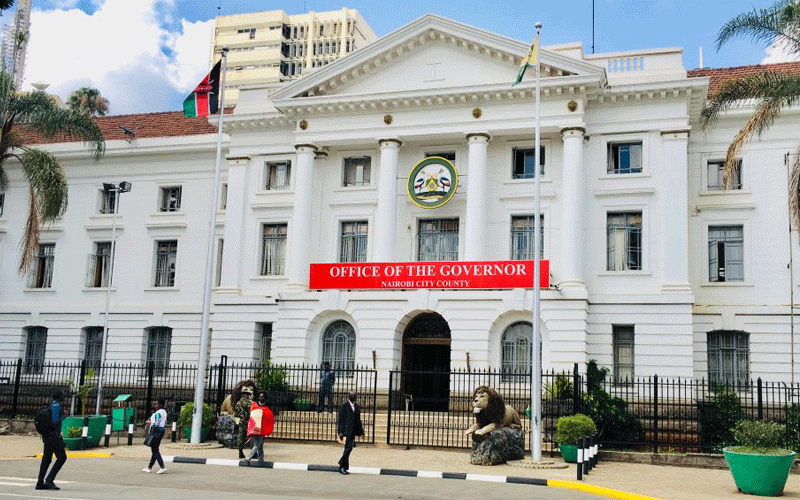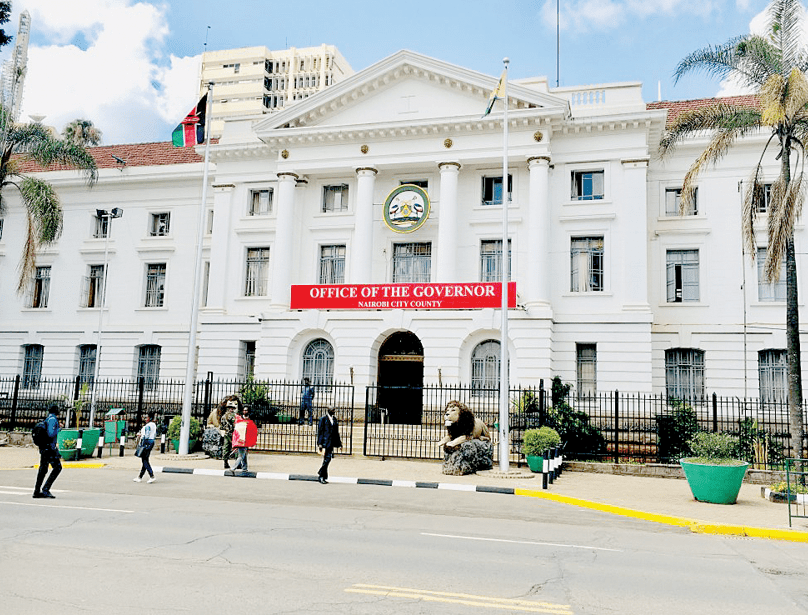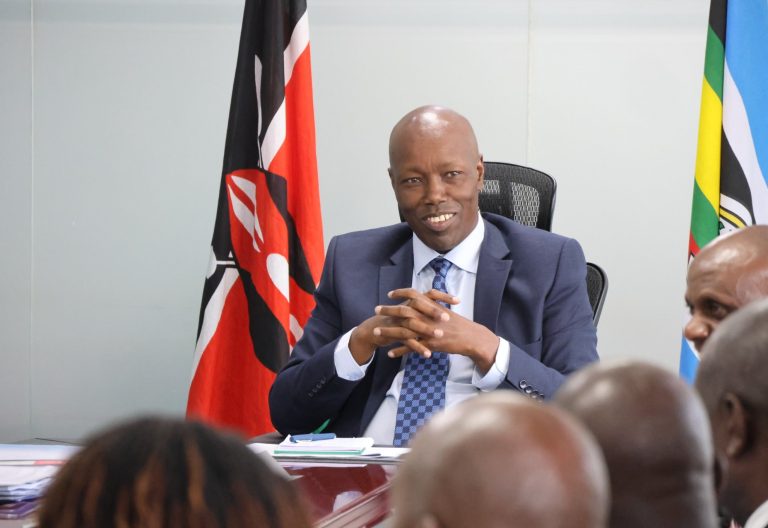It mustn’t be business as usual in running Nairobi

Hesbon Owilla
In 2018, I travelled to China for a two-week tour of the country to learn more on the country’s Targeted Poverty Alleviation programme. My colleagues and I visited eight cities, but it is Jinhua city in Zhejiang that left me in awe.
Jinhua, located 1,500km from Beijing, boasts a vibrant civilian-owned economy.
From food processing, manufacturing, clothing and textile industries to heavy manufacture of vehicles, Jinhua has lessons that administrators of our cities can learn from.
As a city in up-country China, you would expect Jinhua to be a sleeping city. Far from it. It is a simple but vibrant modern city—industrial and agriculturally rich.
The Jinhua Polytechnic and the Zhejiang Normal University are international institutions where I met people from across the world. The polytechnic actually has a whole stream of Rwandan students.
The drama that we have experienced in Nairobi and the ensuing National government’s welcome take-over is a pointer that we need to change approach in management of our cities, especially Nairobi, being the capital.
You see, we live in a global village and there is a lot that a city should offer beyond garbage collection and business permits and all that.
It needs to offer the best environment for doing business, unlimited access to socioeconomic amenities and adequate security to attract investments.
At Jinhua, for instance, the security is top-notch, and one can literally wallk in the streets and parks taking pictures in the night.
Indeed, one of my friends who I met in Jinhua showed me pictures she had taken pictures of herself at a river bank at 2am! When I asked her how safe it was, she told me she had not had an incident of insecurity in the city.
Back home, walking along Nairobi River banks is risky even in the day, never mind the massive water pollution.
If it is not safe for us, then how do we take this once Green City in the Sun to the next competitive level both regionally and internationally?
Do we even have a picture in mind of the kind of city we want or deserve? Is that city supposed to be a launch pad for politicians with higher ambitions of moving from City Hall to State House? And politics aside, don’t we deserve service delivery more than anything else?
Legal issues are litigated in courts and Kenyans should not be duped into believing that the corrupt can get away at the altar of politics.
At no point does a court case end because of the politicians’ appearance in political rallies.
In fact, it is important to disabuse the muddying of water in the fight against corruption and call out stories in the public domain that are devoid of facts and data.
Propaganda is already cheap, but in the recent past we have seen it get cheaper than a sewer rat in the market.
I said it this column a few weeks ago: as Kenyans we must be critical of the people we elect as members Country Assemblies because these are men and women who will protect the resources at the very basic level where meaningful change in our lives can be realised.
Nairobi MCAs have had a moral responsibility to exercise their oversight in the best interest of Nairobians, but they seem to have abdicated the role. Had they exercised their mandate, we would not be where we are.
But thanks to the spirit and letter of our Constitution, Nairobi may be great again after the take-over.
There is always a legal escape route and it appears to have been invoked in the interest of the people.
As the capital and regional hub, Nairobi deserves better management. It must not be business as usual. —The writer is a PhD candidate in political communication















